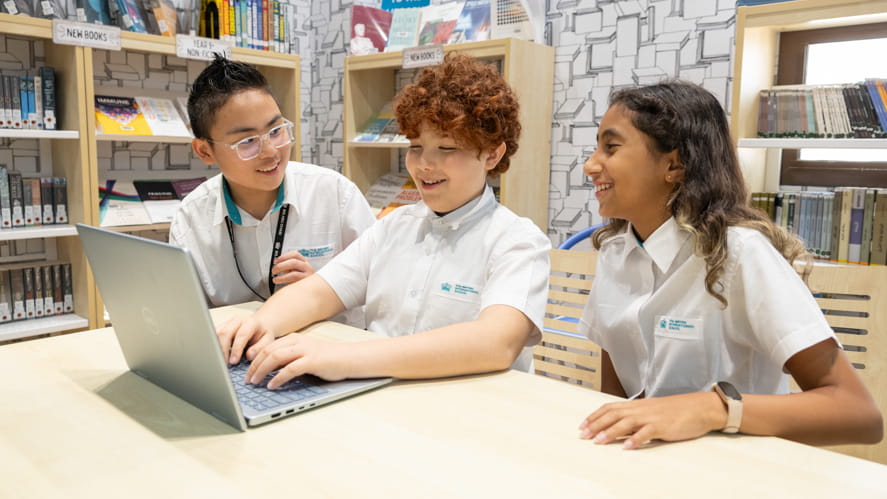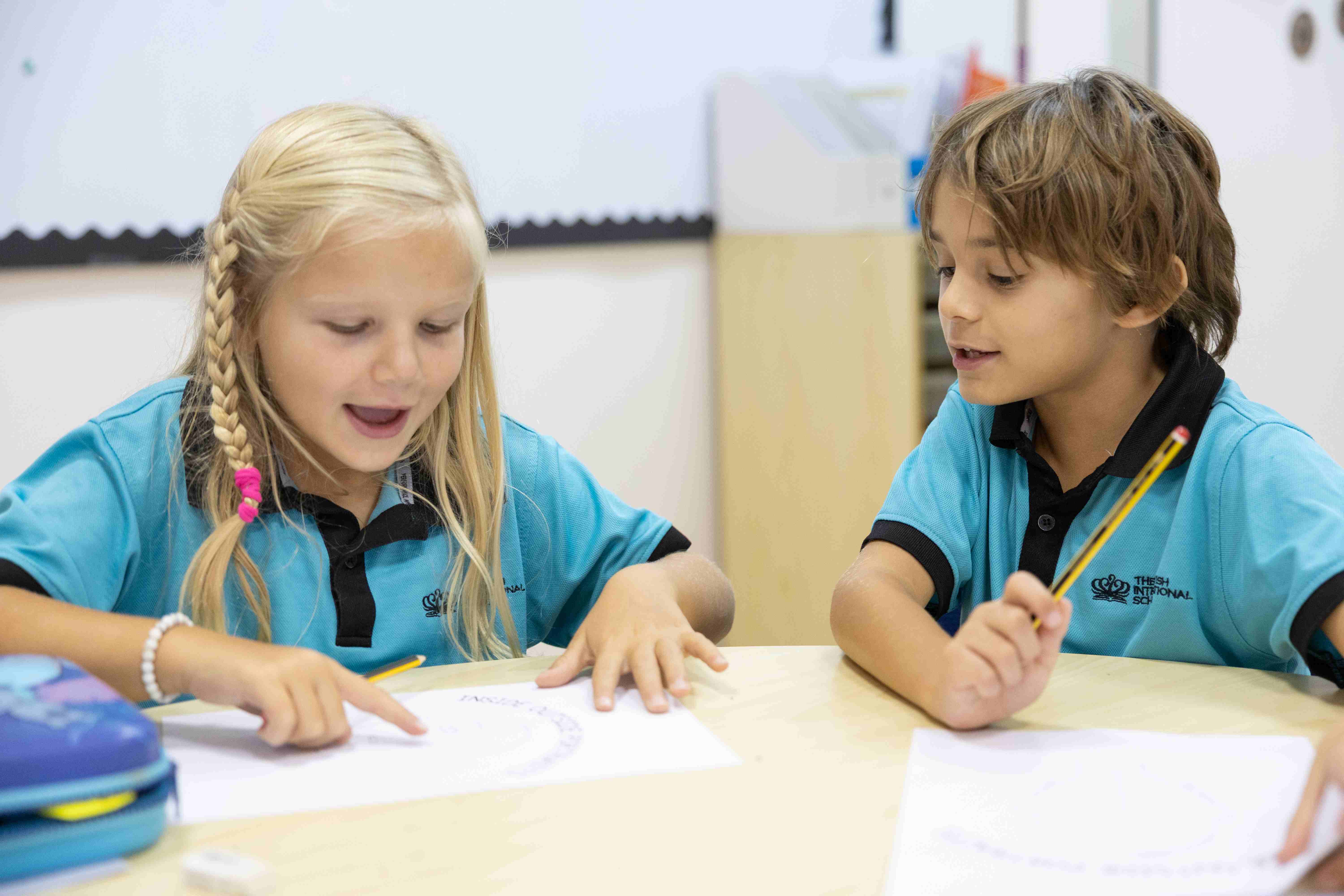"Play is the highest form of research." – Albert Einstein
Step into any vibrant Early Years classroom, and you'll likely hear the joyful hum of children deep in play - building, pretending, exploring, and negotiating their world. To the untrained eye, it may just look like fun and games. But within those moments of giggles and glue sticks lies something truly magical: deep, meaningful learning.
Why Play?
Play is how children make sense of the world. It is their natural language, their way of expressing thoughts, solving problems, and building relationships. When children play, they're not "just playing"—they're learning how to take turns, manage emotions, test hypotheses, develop fine motor skills, and build resilience.
As renowned Early Years educator Janet Moyles reminds us, "Play is not a luxury - it is a necessity."
Play gives children the space to take risks in a safe environment. When a child builds a tower only to see it tumble, they're not just dealing with blocks - they're developing perseverance, learning about cause and effect, and testing their own ideas. That single moment contains layers of cognitive, physical, social, and emotional growth.
Learning Through Play at BIS Abu Dhabi
At The British International School Abu Dhabi, the Early Years Foundation Stage curriculum is carefully adapted to our international context. In classes of no more than 24 children, with a dedicated teacher and two assistants, each child receives the attention they deserve. Our personalised approach ensures each student is supported in the way they learn best, helping them to flourish from the very start.
Our exceptional teachers guide children through seven key areas of learning and development:
- Communication and language
- Physical development
- Personal, social, and emotional development
- Literacy
- Maths
- Understanding the world
- Expressive arts and design
Through multi-sensory, purposeful play, children investigate and create, move and sing, collaborate and explore. Every activity is guided by the EYFS framework, ensuring children develop vital literacy, numeracy, physical, and social skills while sparking curiosity and imagination.
As Friedrich Froebel, the founder of the kindergarten movement, said: "Play is the purest, most spiritual activity of man… it gives joy, freedom, contentment, and inner and outer rest."
A Child-Centred Philosophy
True play-based learning honours the voice of the child. It trusts that they are capable, curious learners. It celebrates their interests and gives them ownership of their learning journey. When children are given time and space to explore what fascinates them, their engagement and motivation skyrocket.
As Early Years expert Dr. Sue Rogers puts it, "Play is a child's work. It's how they understand themselves, others, and their place in the world."
At BIS Abu Dhabi, we empower our students to take the lead in their learning - choosing how and what they want to explore. This helps to nurture a love of discovery, a sense of ownership, and the development of individual passions that can last a lifetime.
Protecting the Magic
In an increasingly outcomes-driven world, it's easy to feel the pressure to move children along quicker, to get them "ready" for what's next. But we must protect childhood. We must remember that learning doesn't have to look like worksheets and desks to be meaningful. In fact, the most powerful learning often happens while kneeling on the floor, building a rocket out of recycled boxes or mixing mud potions under the sun.
At its core, play-based learning isn't just an educational method - it's a philosophy that says childhood is valuable in its own right. It reminds us that the laughter, the mess, the wonder… it all matters.
So next time you see a child deep in play, pause and take a closer look. You just might catch a glimpse of the magic behind it all.












.jpg?h=1667&iar=0&w=2500&rev=16ac729ed02b4f74b3691e3780ff0da6&hash=6E65C9B719F9C2F92A806BDD54FE44B0)
.jpg?h=499&iar=0&w=887&rev=2117df3a6cb94983b0795be1a159c27b&hash=8878DCEFD5BBE6AE80A5F34BD0CA64AD)
.png?rev=1619813b30a347d9bc71977e2cfe09d2&hash=66B98CDC659BBF07EB36660B4381E1E7)